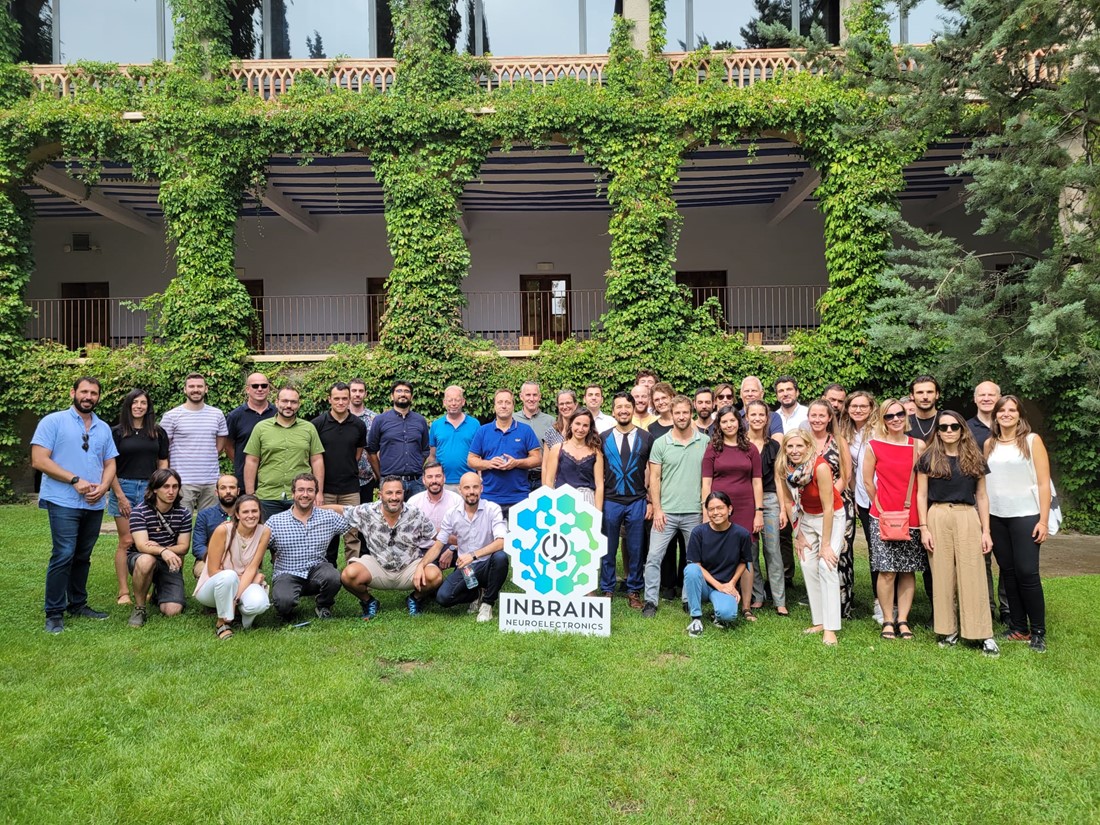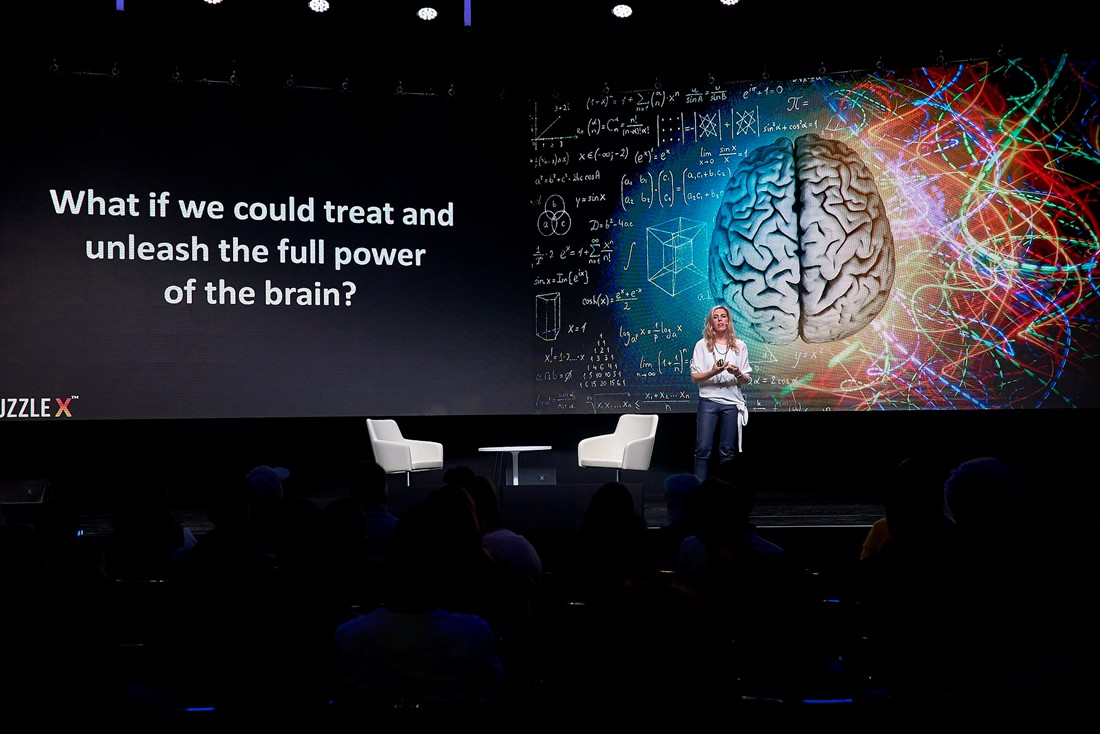Graphene Flagship spin-off company INBRAIN Neuroelectronics wins prestigious innovation award
Graphene Flagship spin-off company INBRAIN Neuroelectronics has won El Periódico’s Enterprise + Innovation prize for its graphene-based work to advance neuroelectronic therapies and digital personalisation
INBRAIN Neuroelectronics, a Graphene Flagship spin-off company, has been named Spain’s most innovative company by leading Spanish news publication El Periódico.
INBRAIN exists to decode and modulate neural networks to improve patients’ lives. More specifically, INBRAIN is harnessing the unique properties of graphene to develop high density and high-resolution brain interfaces coupled to an intelligent system with high signal processing power to provide breakthrough neuroelectronic therapies.
The company was founded in 2020 by researchers from Graphene Flagship partner the Catalan Institute of Nanoscience and Nanotechnology (ICN2), the Institute of Microelectronics of Barcelona (IMB-CNIM-CSIC), and ICREA.

The INBRAIN Neuroelectronics team, a truly diverse group of 50 people from more than 14 different countries
El Periódico named INBRAIN the winner of the Empresa + Innovadora (Enterprise + Innovation) prize for its innovations in the fields of medical technology, enabled by its application of nanotechnologies to the development of neuroelectronic therapies.
Indeed, part of what makes INBRAIN so innovative is its decision to explore graphene specifically in this medical technology context.
Graphene, with its properties of extreme thinness and strength, flexibility, biocompatibility, and conductivity, is uniquely well-placed to be developed into chips that can be implanted into the brain. These chips have the potential to compile information about brain activity and correct deviations in neural circuits in order to correct symptoms of neurological illnesses including Parkinson’s Disease, Epilepsy and Aphasia, providing more peripheral nerve-related indications in more systemic disease areas where selective recording and stimulation are needed.
Moreover, graphene-based technology is less invasive than current technology implanted in the brain, which is typically made of platinum and iridium. It also offers the possibility to identify neural biomarkers at a much higher resolution and with much more reliability in order to drive personalised therapy applications.
INBRAIN CEO Carolina Aguilar is enthusiastic about this graphene-based neurotechnology potential.
“The graphene-based intelligent neural platform will empower patients while driving healthcare systems efficiency. As artificial intelligence develops, the system will be able to adapt to patient’s condition progress and predict symptoms to enable clinicians to act remotely to deliver the most effective therapy possible.
“INBRAIN’s first human clinical trial is scheduled to happen later this year, and we are very excited about this. The trial will involve placing a graphene interface on a person for the first time ever, to intervene with high precision in tumour resections.”

INBRAIN Neuroelectronics CEO Carolina Aguilar presents INBRAIN's work at PUZZLE X, Barcelona, 2022
Graphene Flagship Head of Innovation Kari Hjelt comments that this recognition of INBRAIN’s work could pave the way for further interest in the health applications of nanomaterials.
“INBRAIN offers an excellent example of how nanomaterials such as graphene can be used to improve existing technologies and create new technological opportunities altogether,” says Hjelt.
“Nanomaterials and graphene specifically have a lot of potential to shape future medical technologies. It is wonderful to see INBRAIN recognised for its innovative work, and exciting to think that this recognition could prompt more innovators in the medical technologies space to consider how graphene could help them realise their goals.”
For more information about INBRAIN Neuroelectronics, visit their website here.
INBRAIN’s first human clinical trial is scheduled to happen later this year, and we are very excited about this. The trial will involve placing a graphene interface on a person for the first time ever, to intervene with high precision in tumour resections.
CEO of INBRAIN Neuroelectronics




